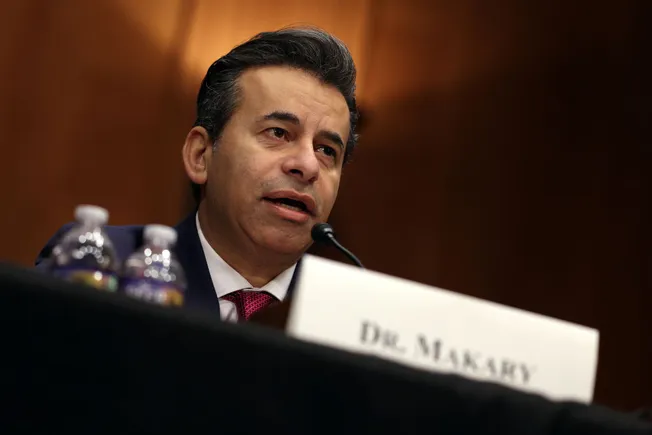With $115M more, Triveni accelerates immune drug work


Dive Brief:
- Triveni Bio has raised $115 million in Series B funding, the company said Wednesday, adding to an upward trend in investment this year in startups developing drugs for immune conditions.
- The Watertown, Massachusetts-based biotech will use the funds to develop a pipeline of antibody drugs for inflammatory diseases. Its most advanced prospect, codenamed TRIV-509, is in development for atopic dermatitis. Triveni aims to ask the Food and Drug Administration early next year to begin its first trial.
- Goldman Sachs Alternatives led the new funding, which follows a $92 million Series A the company secured last year. It’s at least the 11th venture financing of $100 million or more for an immune drug developer in 2024, more than doubling 2023’s total, according to data compiled by BioPharma Dive.
Dive Insight:
Like many other immunology startups to come along recently, Triveni is taking a targeted approach to drug discovery. The company is using troves of genetic data and what it claims to be “best-in-class antibody design” to create medicines it believes will be differentiated from others in development.
Triveni faces stiff competition. Its lead program is in atopic dermatitis, a common form of eczema and the target of a number of effective, approved therapies, among them Sanofi and Regeneron Pharmaceuticals’ fast-selling Dupixent. Several would-be competitors are much further along in clinical testing than Triveni, too.
“There’s obviously been progress made, from where they were even five or 10 years ago,” said CEO Vishal Patel, in an interview. “But there’s a lot of room to do better, help patients with efficacy, choice and convenience.”
Triveni, which launched last year out of a merger between two biotech startups, thinks it can help fill that gap. Some people don’t respond to available atopic dermatitis therapies. And a lot of those drugs “are really targeting inflammation,” said Jennifer Dovey, the company’s chief scientific officer, but the disease’s “vicious cycle consists of [skin] barrier dysfunction, inflammation and itch.”
Triveni says TRIV-509 might be able to impact all three aspects. The drug targets two enzymes known as kallikreins 5 and 7, which are overexpressed in the majority of people with atopic dermatitis, according to Dovey. In a statement Wednesday, the company said preclinical research has suggested its approach might be a more potent way of targeting the disease than drugs aimed at the cytokine IL-4R, like Dupixent.
Triveni is also working on a bispecific antibody that acts on kallikreins 5 and 7 as well as a cytokine, IL-13, that’s involved in inflammation. It hasn’t said which diseases that drug will treat. A third candidate is in development for a type of hereditary pancreatitis that affects about 10,000 people in the U.S. and for which no approved treatments are available.
The funding will keep Triveni operating through 2027. Fidelity Management & Research, Deep Track Capital, Cormorant Asset Management and Atlas Venture participated alongside Goldman and several other firms.
In June, Triveni hired Bhaskar Srivastava, who previously served in senior clinical development roles at Nimbus Therapeutics and Johnson & Johnson, as its chief medical officer.
This post has been syndicated from a third-party source. View the original article here.




